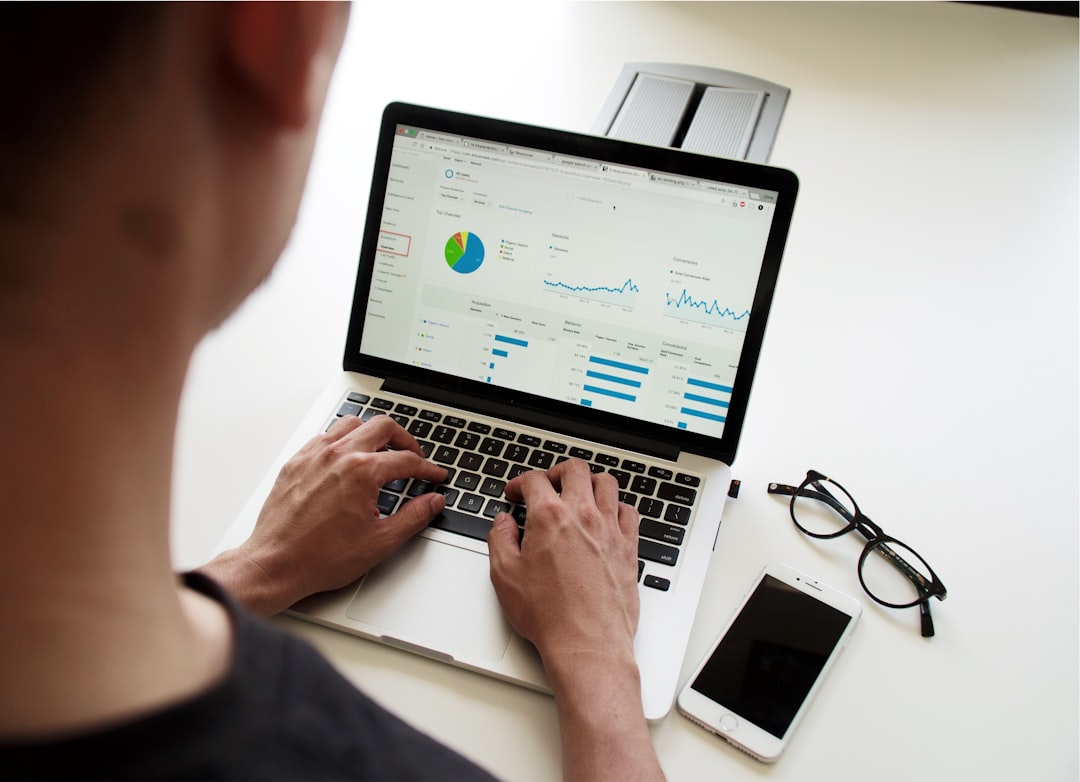
Harnessing Big Data: A Guide for Economic Researchers
# Introduction. In the digital age, the concept of big data has revolutionized various fields, and economic research is no exception. The ability to collect, analyze, and interpret vast amounts of data has provided economists with tools to better understand market trends, consumer behavior, and the overall economic landscape. This guide aims to explore how big data can be effectively utilized in economic research, highlighting methodologies, benefits, and potential challenges. # Understanding Big Data in Economics. Big data refers to datasets that are so large or complex that traditional data processing software can't manage them effectively. In economic research, data sources can range from social media interactions, online transactions, customer reviews, to national surveys and economic indicators. The intersection of technology and economics has led to innovative methods of gathering data that encapsulate real-time consumer behaviors and sentiments. # The Importance of Data Sources. When embarking on a research project, the choice of data sources is crucial. Big data can be categorized into structured, semi-structured, and unstructured data. Structured data, like traditional databases, is easier to analyze but often provides a limited view compared to unstructured data, which includes text, images, and videos. For economic research, mining unstructured data from social media can reveal consumer sentiments, which are valuable for forecasting trends and behaviors. Researchers must carefully evaluate the credibility and relevance of data sources to ensure their findings are robust and applicable. # Analytical Techniques for Big Data. To make sense of vast datasets, researchers must deploy advanced analytical techniques. Tools such as machine learning, natural language processing (NLP), and predictive analytics allow economists to extract meaningful insights from big data. Machine learning algorithms can identify patterns and correlations that may not be evident through conventional methods. Meanwhile, NLP can analyze text data from sources like news articles or social media to gauge public opinion and sentiment. This multifaceted approach enhances the depth and quality of economic research. # Overcoming Challenges in Data Consumption. Despite the advantages, there are significant challenges associated with leveraging big data in economic research. Data privacy and ethical considerations arise, particularly when handling personal information. Researchers must navigate regulations like GDPR to ensure compliance while conducting their studies. Additionally, the sheer volume of data can lead to analysis paralysis, where researchers struggle to extract actionable insights. Developing clear hypotheses and employing streamlined methods of analysis can help mitigate these issues. # Implementing Big Data Insights in Economic Decision-Making. Once analyzed, big data insights can drive decision-making in various economic sectors. Policymakers may use findings to shape economic policy, while businesses can tailor their strategies to match consumer needs. With accurate forecasting based on real-world data trends, organizations can enhance efficiency and competitiveness in the marketplace. The ability to pivot in real-time based on big data insights can provide a significant edge in today’s fast-paced economic environment. # The Future of Big Data in Economic Research. As technology continues to evolve, the scope of big data in economic research will only expand. Innovations in data collection, analysis tools, and visualization techniques will empower researchers to uncover deeper insights. The integration of artificial intelligence and big data promises a more nuanced understanding of economic phenomena and consumer behavior. Emerging fields such as data economics, which focuses on valuing data as an economic asset, will further highlight the importance of big data in shaping the future landscape of economics. # Conclusion. In conclusion, big data has transformed the way economic research is conducted. By harnessing diverse data sources and employing advanced analytical techniques, economists can derive rich insights that inform policy and strategic decisions. While challenges exist, the potential benefits of utilizing big data to understand and predict economic trends are immense. For researchers ready to embrace this technological shift, the opportunities for impactful economic research are boundless. .






